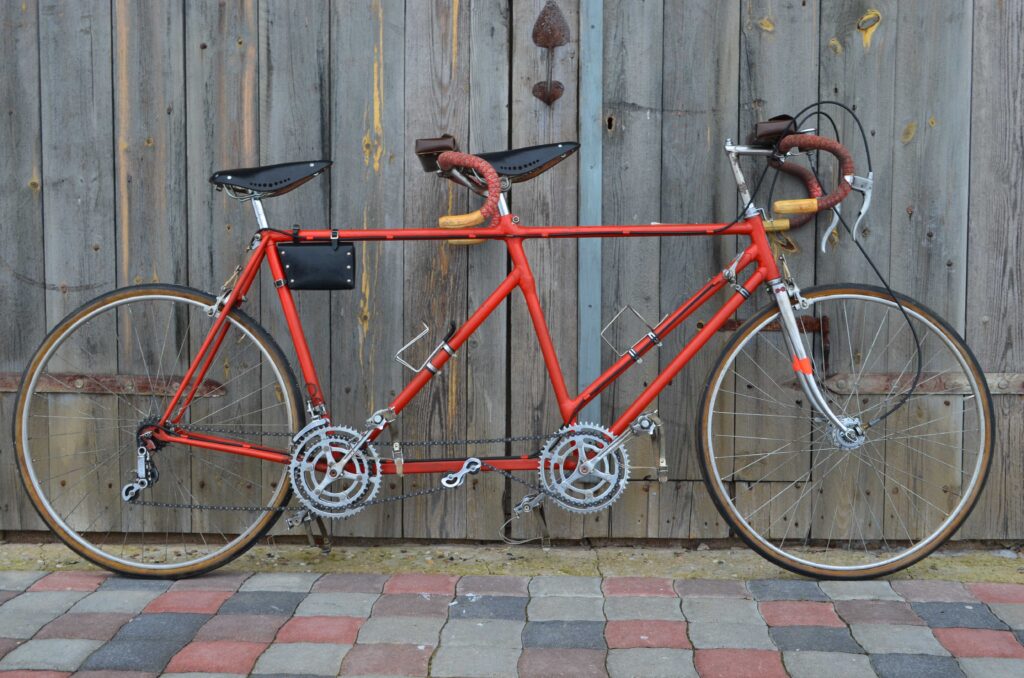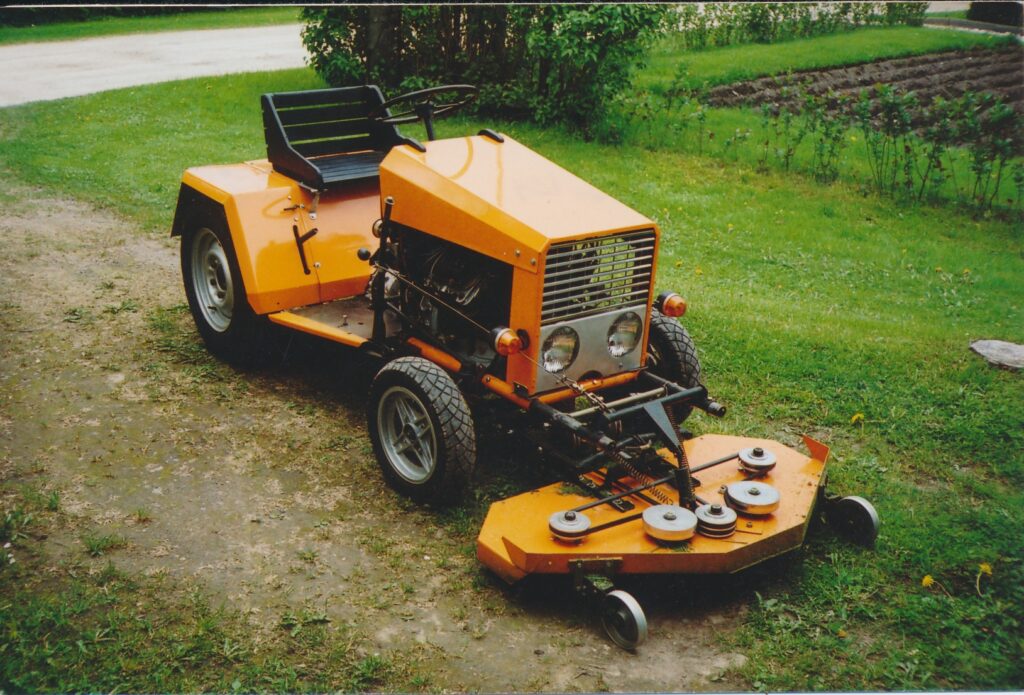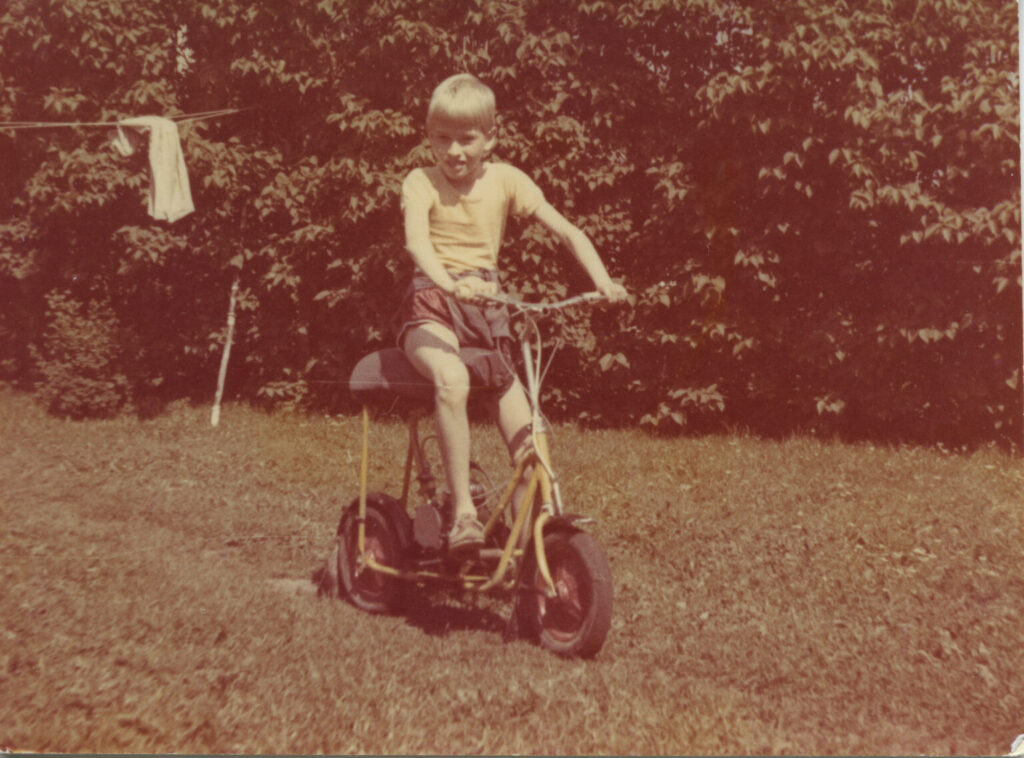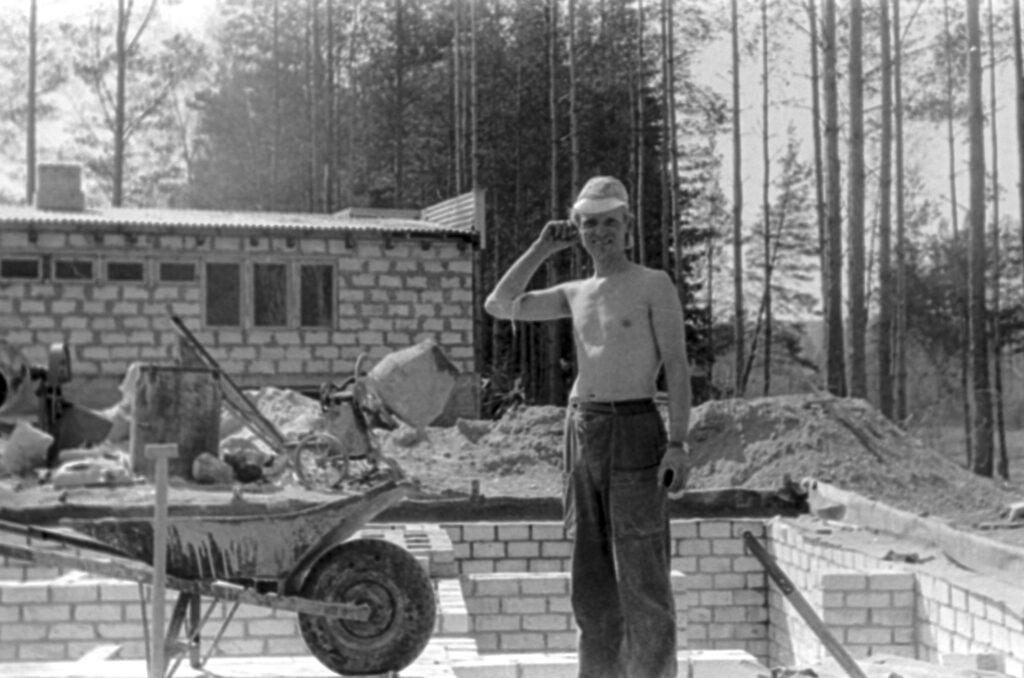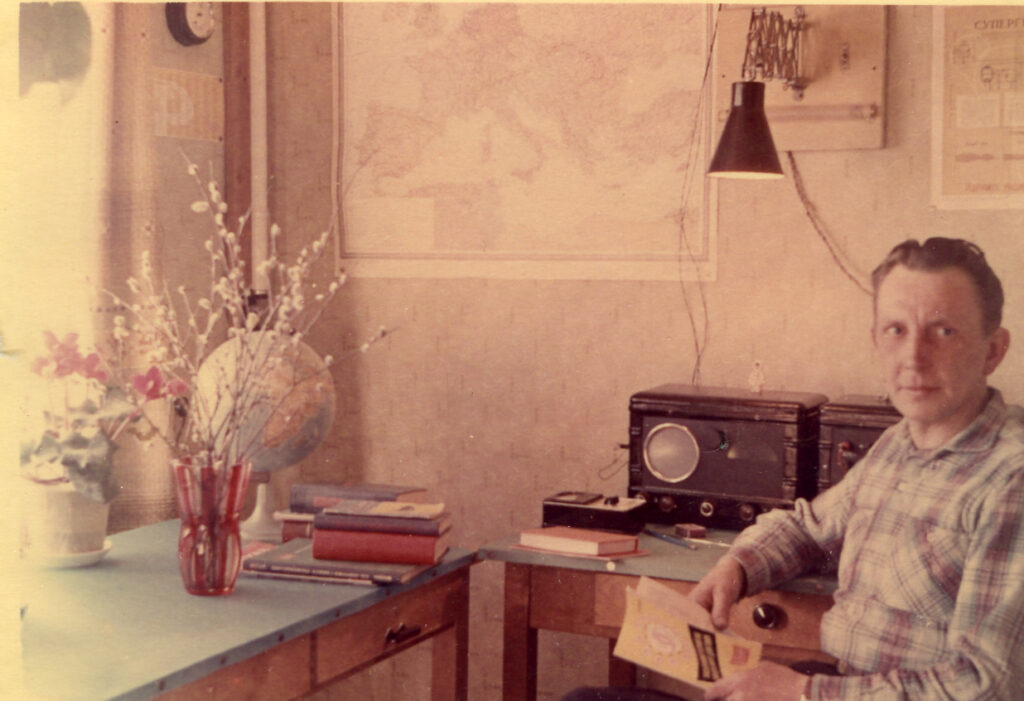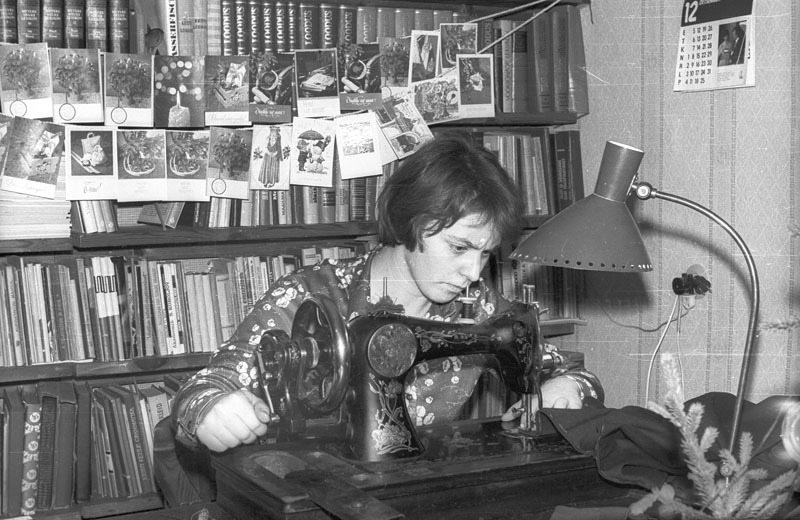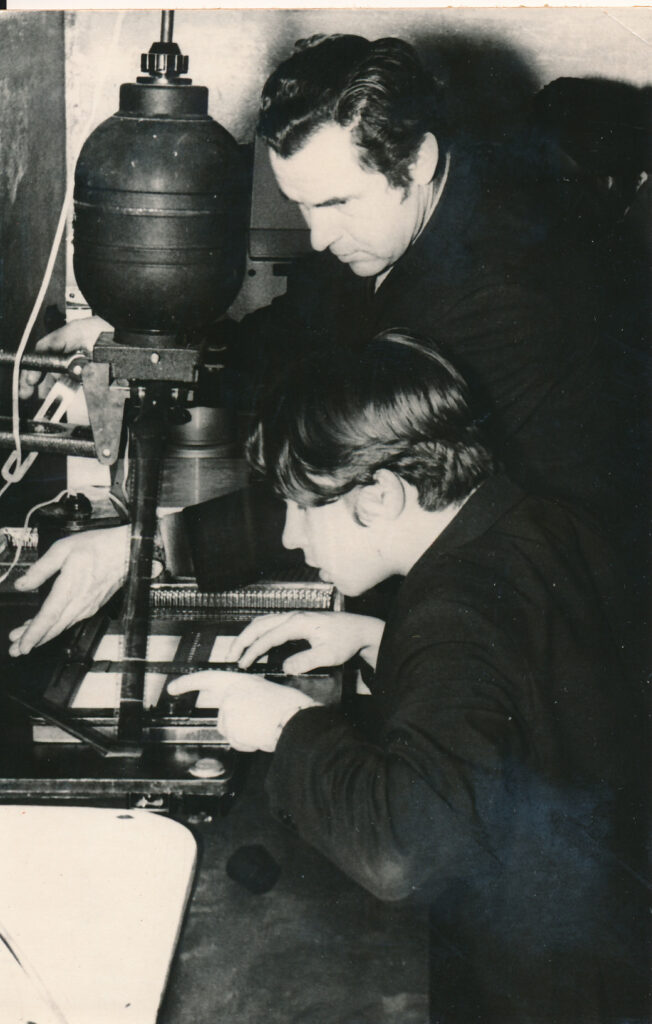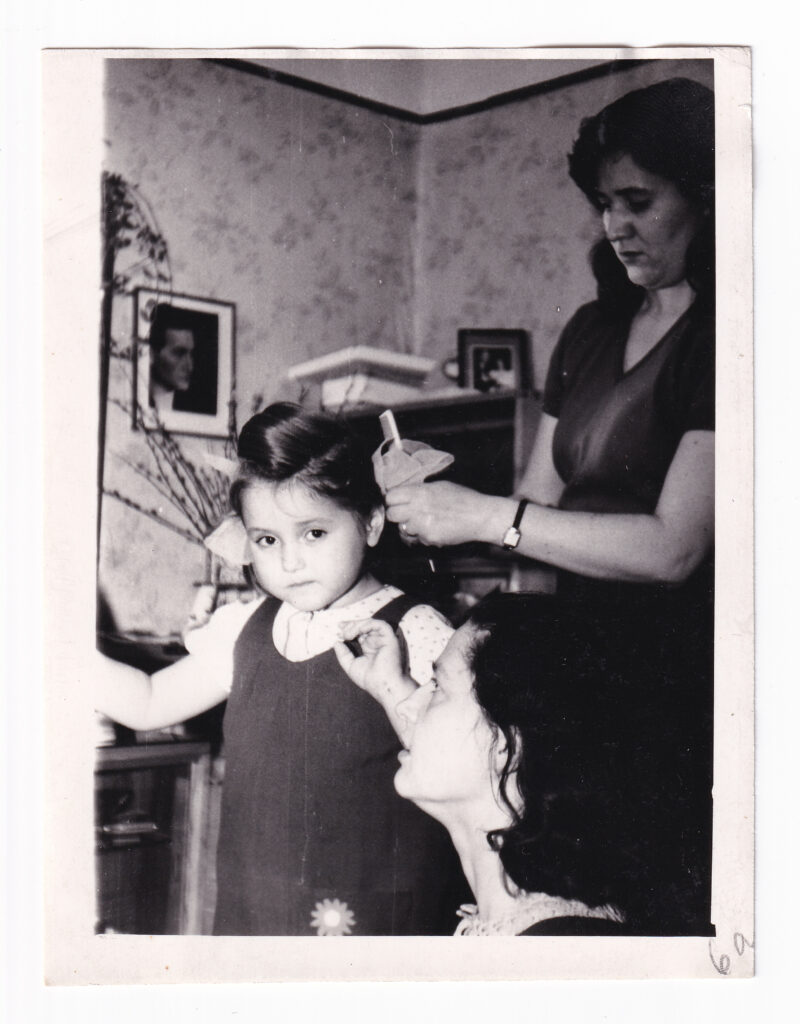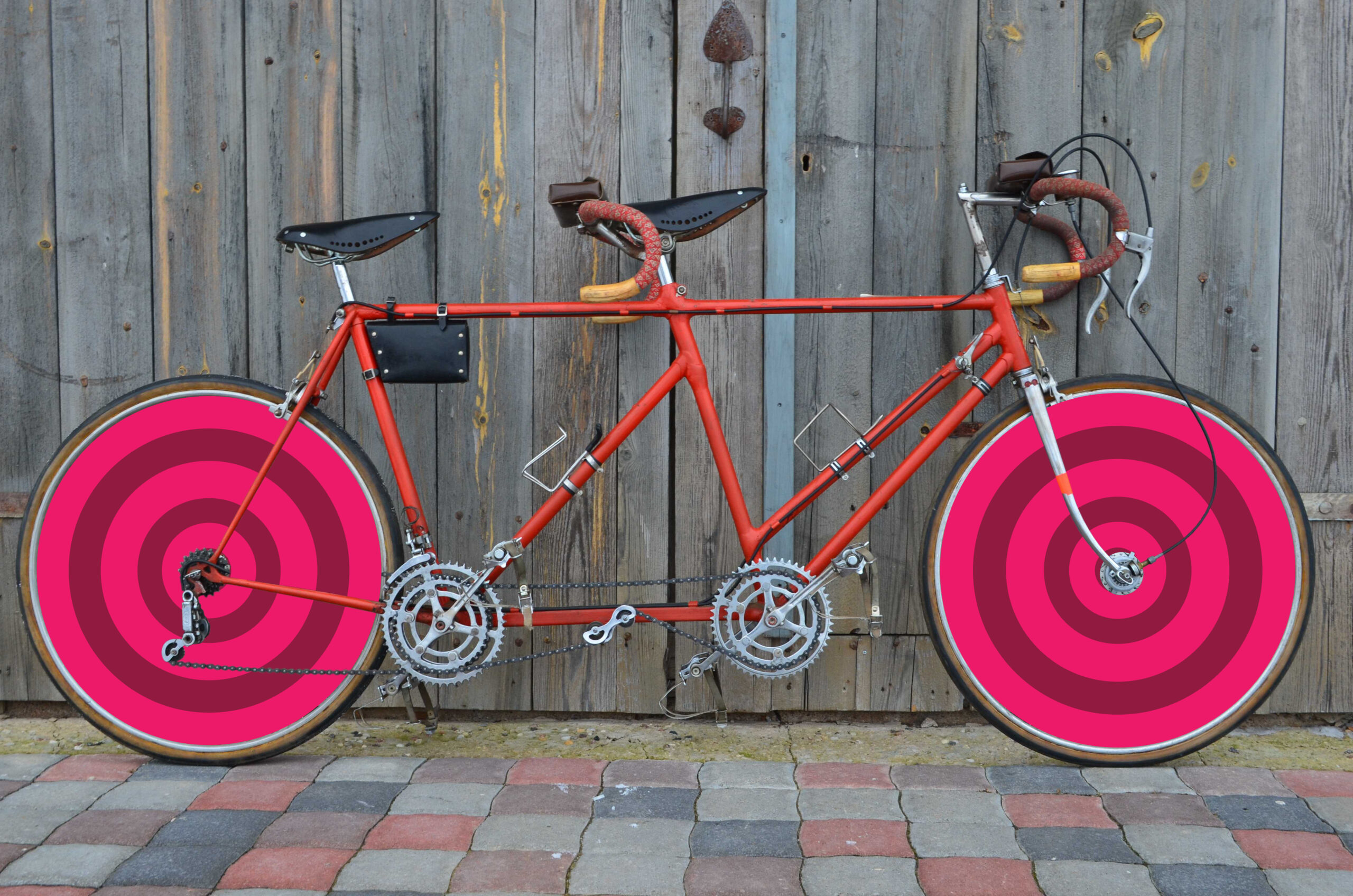
EXHIBITIONS
Estonian Road Museum
The “Ingenuity on the Road” exhibition, a sub-exhibition of the “Washing Machine Made of Beetroot” project, introduces the audience to various self-made solutions that aided Soviet citizens in travelling from point A to point B. It explores the methods people used to get around and how essential machines were invented and constructed, both in garages and sheds, but also within government institutions.
With few private cars and poor public transportation options, people sought ways to commute to work, visit family and friends, embark on longer journeys, vacations and spend their leisure time away from home. Naturally, they wanted to do so with comfort and style. Since they lacked machinery for everyday tasks, people modified, invented, constructed and assembled machines and their components themselves.
The DIY technical culture and garage innovations thrived, with the operational principles of the internal combustion engine being a universally understood language. This exhibition explores inventions, innovation, creativity, recycling and the DIY culture within the motor world of the Soviet Union. It also delves into the yearning for a modern and comfortable life.
Curator: Rael Artel
The exhibition is open until 28.09.2025
Varbuse, Kanepi Parish
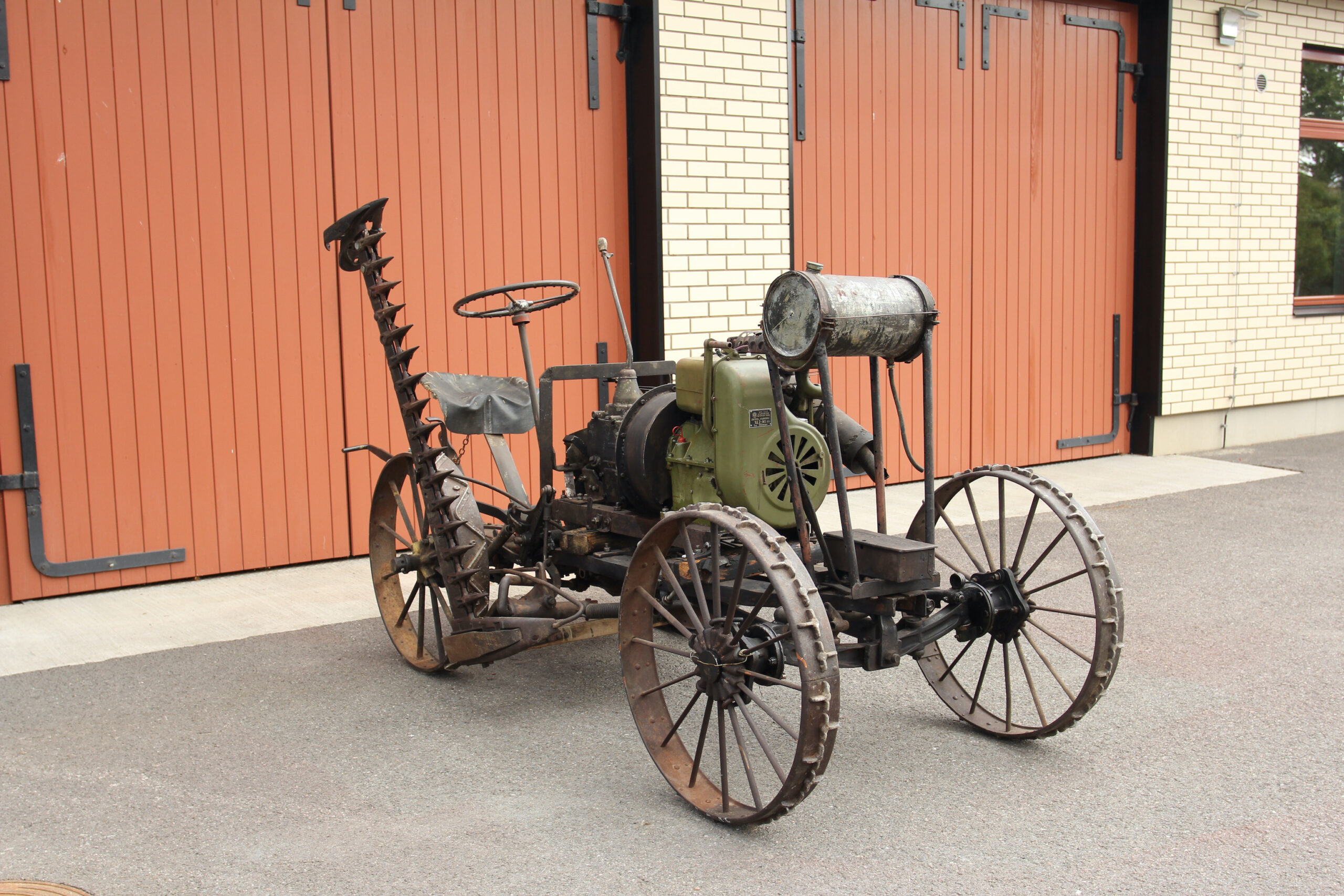
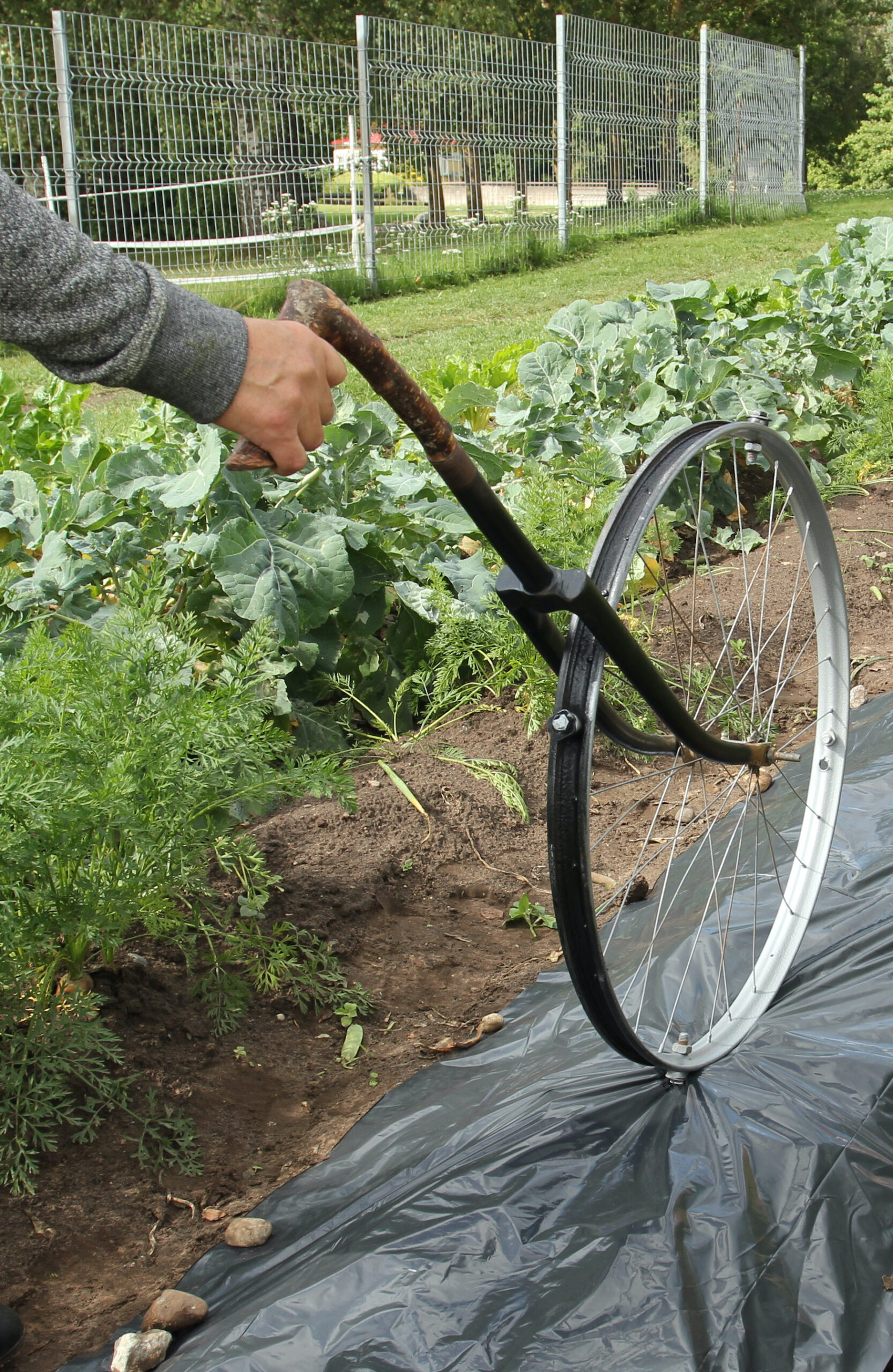
Estonian Agricultural Museum
“Washing Machine Made of Beetroot: Resourcefulness in the Countryside”, a sub-exhibition of the “Washing Machine Made of Beetroot” project.
During the Soviet era, every resident of a farm or kolkhoz centre had a small garden that helped cover the table during food shortages. Difficult times and challenging conditions made the people resourceful. Tools and machines were invented for gardening tasks and also repaired, so they served their owners for decades.
Valuable components were purchased from scrapyards and farm repair shops, and the so-called “men with golden hands” pieced together tractors and other machines using these parts. These tractor “inventors” displayed significant skill, as there were no examples to follow and they primarily learned through experimentation. Skills in welding and locksmithing proved to be invaluable.
Garden produce was processed at home – people made preserves, jams and juices. They were always on the lookout for new and exciting recipes. There wasn’t a country home or dining room without beautiful textiles crafted by the housewife, adorning both the table and the room itself.
All these subjects are explored in the sub-exhibition, and all visitors are invited to think about how necessity can be transformed into choice.
Curator: Ilze Salnaja-Värv
The exhibition is open until 21.09.2025
Muuseumi 4, Ülenurme, Tartu Country
Tartu City Museum
“Washing Machine Made of Beetroot: Resourcefulness in the City”, a sub-exhibition of the “Washing Machine Made of Beetroot” project.
Nothing was readily available in stores in the Soviet Union, and if it was, it was unattractive and of poor quality. Clothing, accessories, furniture, consumables, etc. often had to be crafted by the people themselves. Those who started building a house for themselves also had to face various challenges. The deficits and conflicts of needs made the people creative and thrifty.
At the sub-exhibition in the Tartu City Museum, you can witness the creativity and resourcefulness that urban Soviet citizens had to possess. You can also see a home photo lab built in a small city home bathroom. The sub-exhibition is made based on the recollections of native Tartu residents or people who have had connections to Tartu, whether for a shorter or longer period.
Curators: Madle Uibo and Meeli Väljaots
The exhibition is open until 29.12.2024
Narva mnt 23, Tartu
More information

